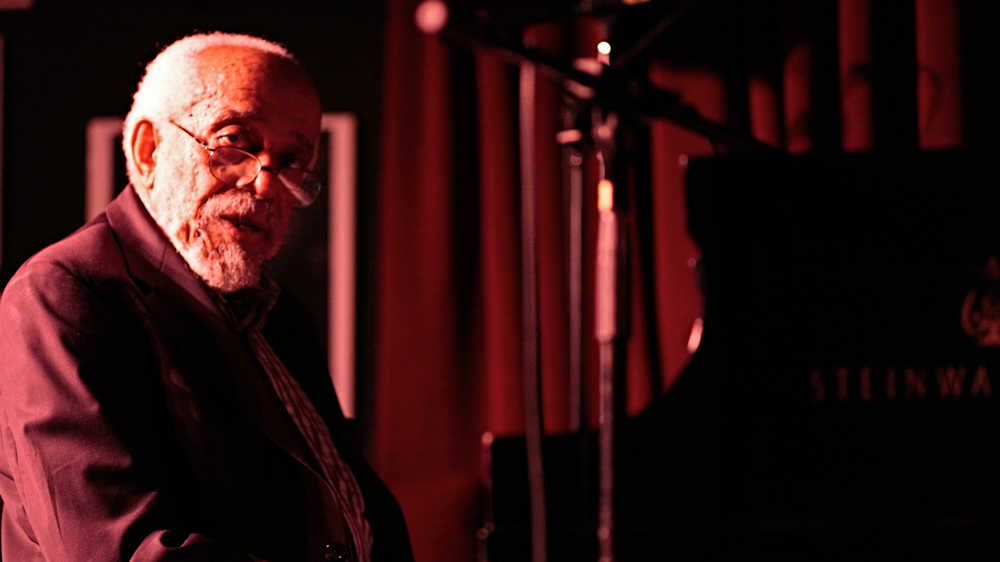

Harris knew all of the jazz greats, and many of them played at his club, from Bill Hardman and Junior Cook to Vernel Fournier, Michael Weiss and Jaki Byard's big band.

Anyone who attended those gigs at Barry's place is grateful for that arrangement. To comply with city ordinances, the studio was official, Barry once told me, the club or theater" was a tag-along. Eventually, in the early 1980s, he opened the Jazz Cultural Theatre in the city, a teaching and dance studio by day and an informal and relaxed club by night. By the early 1960s, when he moved to New York, he was much in demand as a sideman. Harris's first bop recordings-two sides of a 78-took place in 1950. In particular, he was influenced by and adored Bud Powell and Thelonious Monk, bebop's founding-father pianists, and you can hear both musicians' influences in his playing.

Though Harris was too young to have participated in bop's birth or initial popularity in the years immediately after World War II, the Detroit-based pianist caught the tail end of the first wave. Barry Harris, a jazz pianist and beloved educator whose leadership and sideman recordings celebrated bebop-the 1940s modernist movement that established a roadmap for improvised jazz-died on December 8.


 0 kommentar(er)
0 kommentar(er)
